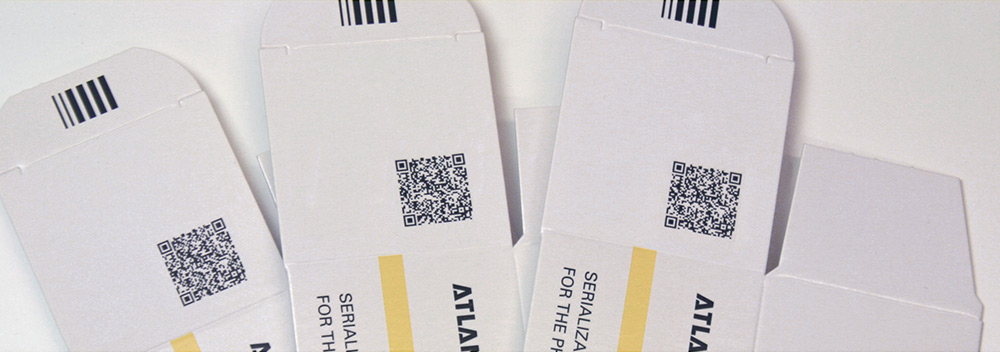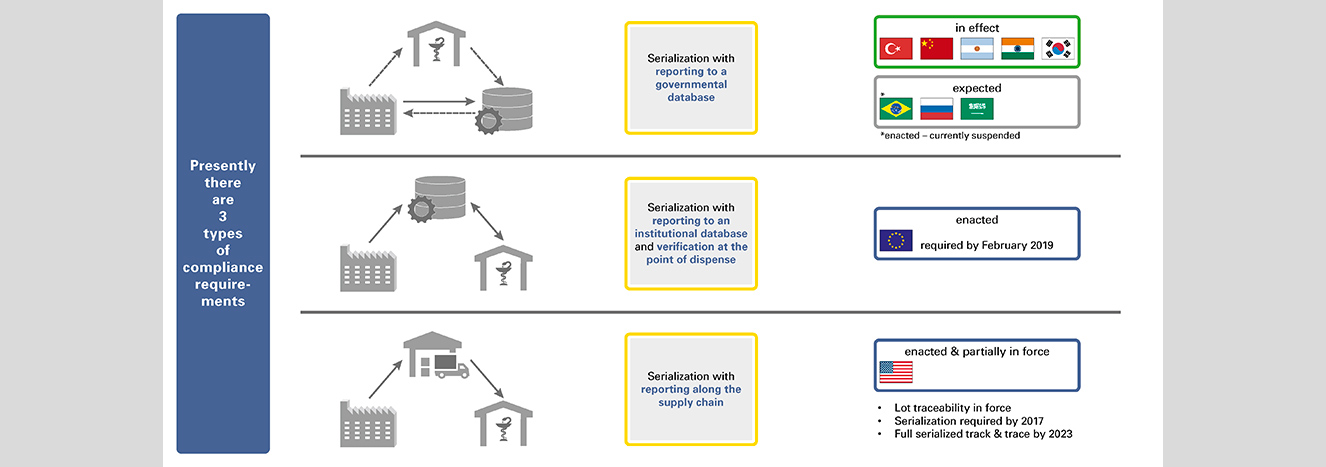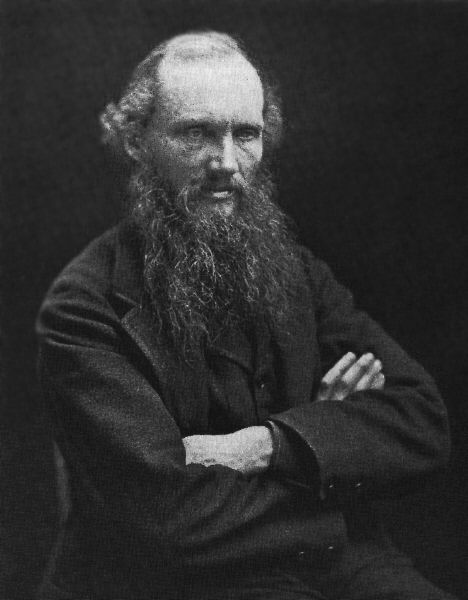By Javier Diez-Aguirre, Vice President, Corporate Marketing, CSR & Environment, Ricoh Europe
There’s an old saying, “they may forget what you said — but they will never forget how you made them feel.” This rings remarkably true when it comes to customer service. It’s the quality of the impression you leave your customers with that will dictate your future revenue.

 Deutsch (Germany)
Deutsch (Germany)  Polski (PL)
Polski (PL) 














